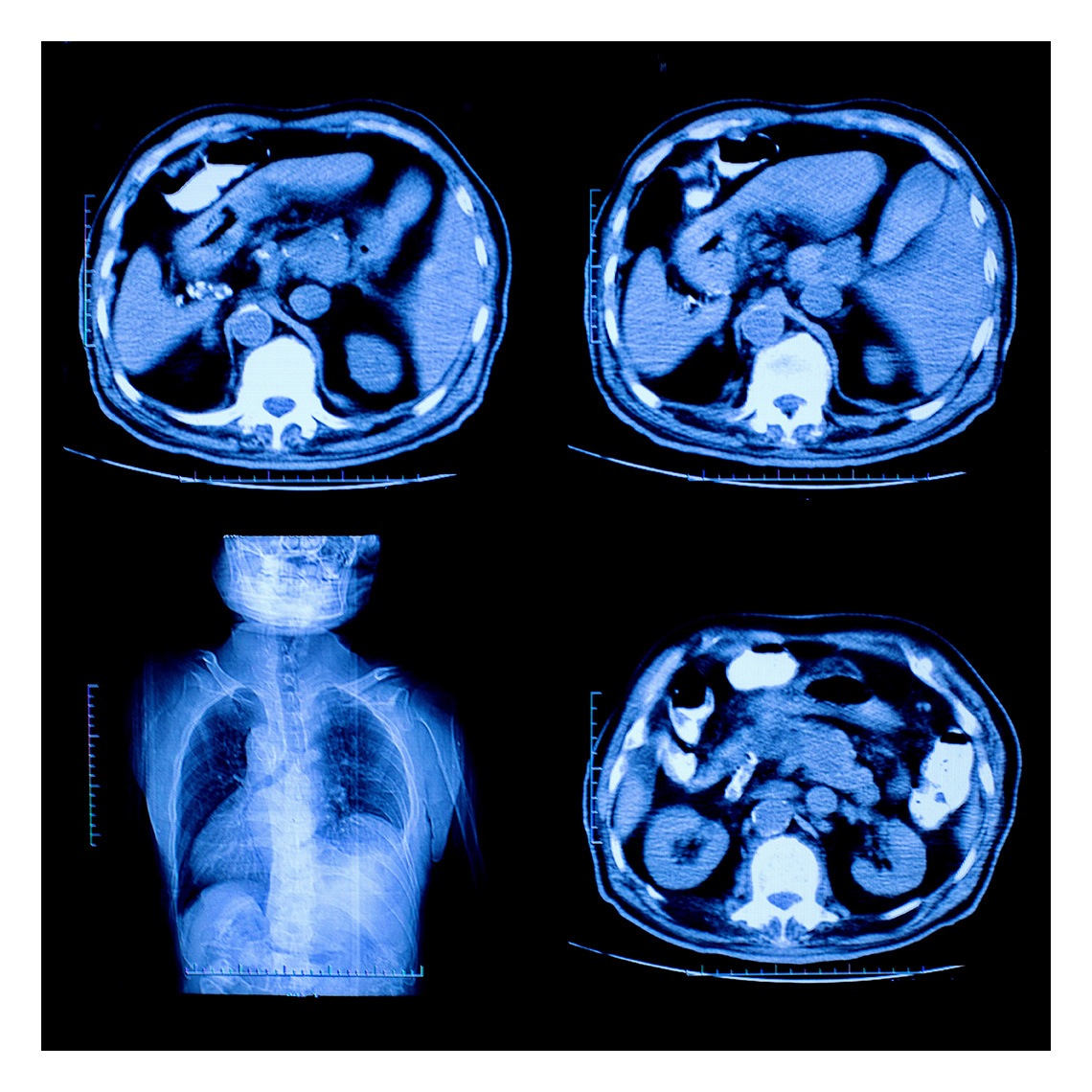Newsletter
What is the “Standard of Care”?
Apr 05, 2017
When a patient makes a formal allegation of medical malpractice, the following questions have to be addressed:
- Did you (i.e., the named provider) have a duty of care to the patient?
- Did you breach that duty by failing to comply with the applicable standard of care?
- Did the patient suffer harm as a result of your “negligent” conduct?
- What are the damages related to the harm?
Malpractice defendants often ask how the “standard of care” is determined for the particular point in time and place of an alleged breach of duty.
Each case requires its own analysis. First, establishing the standard of care relies on subject matter experts offering their opinion to the general practices of those in the particular specialty. Second, the standard of care has to reflect the time when the subject care was provided, ensuring that subsequently developed protocols or knowledge are not assumed to have been available to the defendants.
To help physicians, nurses, and any other health care providers better understand this concept, CRICO consulted medical and legal experts to shed light on some of the most common questions raised about what is, and is not, considered in determining the “standard of care.”
Who is judging me?
Is it written down somewhere?
Who determines the standard?
Is perfection expected?
Is reasonable clinical judgment
considered standard?
Am I expected to know everything
about medicine?
Am I expected to agree with
all of my colleagues?
Are guidelines the same thing
as the standard of care?
Is the standard different for academic doctors
versus community practitioners?
Is the standard different for
residents versus attendings?
Listen to (or read) their answers to these and other questions here.
Additional Material
Latest News from CRICO
The Safety of Outpatient Health Care


Utilization of Electronic Health Record Sex and Gender Demographic Fields: A Metadata and Mixed Methods Analysis
Characterizing Malpractice Cases Involving Emergency Department Advanced Practice Providers, Physicians in Training, and Attending Physicians

